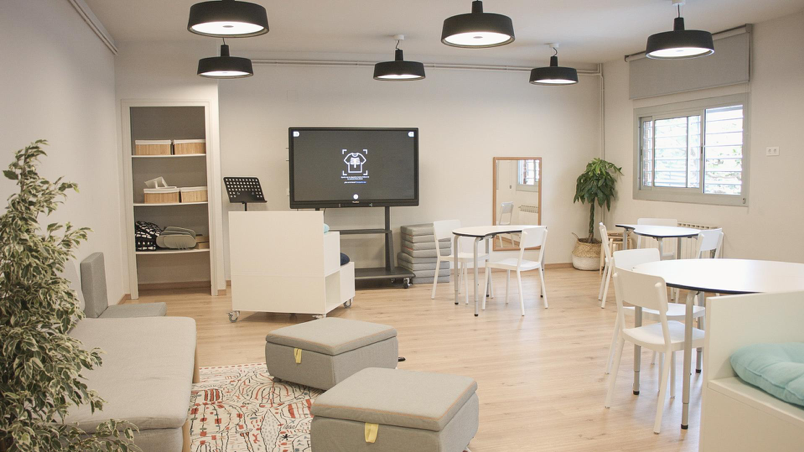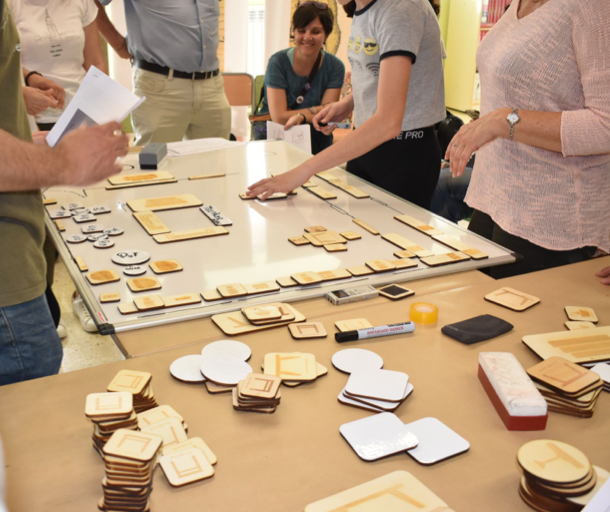
Research group
An interuniversity research project - UOC, UB, UAB, UViC, USB - called Smart Classroom, is focused on improving learning environments in order to facilitate a better teaching and learning experience for students and teachers. The space where learning takes place has to help shape the new learning methodologies.
The research, initiated in 2016, aims to find out how learning spaces must be to adapt them to the new teaching methodologies that are already being used in our schools. In order to know more about the specific educational needs related to the learning spaces of the schools in the region, a questionnaire was sent to all Primary and Secondary schools in Catalonia, both public and private, and completed by 869 teachers to analyze 40 items.
Secondly, there was an open call to select a group of schools to participate in an applied research to implement five Smart Classroom pilots. The research was applied in five different public schools, three primary schools and two secondary schools, all of them in Catalonia, Spain. During the school year of 2017-2018 the research group guided the co-design process in each institution. After analysing the results of the participative process, the group came out with a personalized learning space prototype for each school, taking all the outputs in consideration.

The systematized participative process allowed school communities to ideate their learning spaces that suit their own educational needs. The result makes the educational school project take a one step forward to the active methodologies.
During the school year of 2018-2019 the five prototypes were implemented, with more than 2.000 students piloting the new spaces.